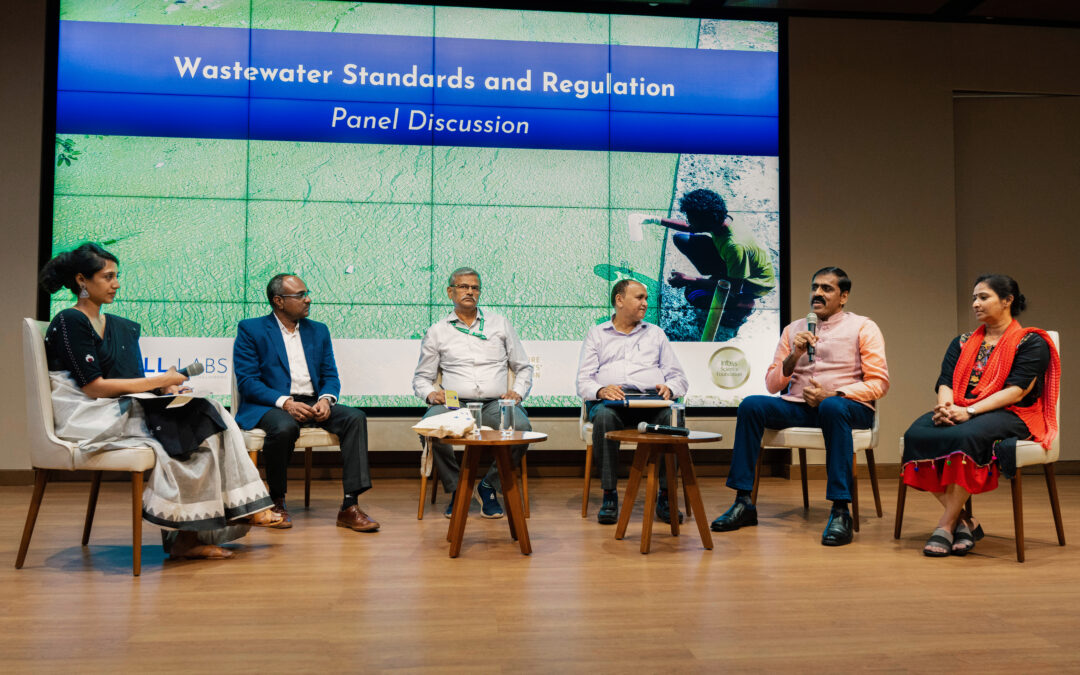
by The Hindu | Oct 19, 2023 | Urban Water / In the News
Why Better Wastewater Management Could Help Solve Bengaluru’s Water Crisis ‘The solutions are available, but change at the individual, family and community level needs to happen’ If the thought of using sewage water to garden your plants or flush your toilet makes you...
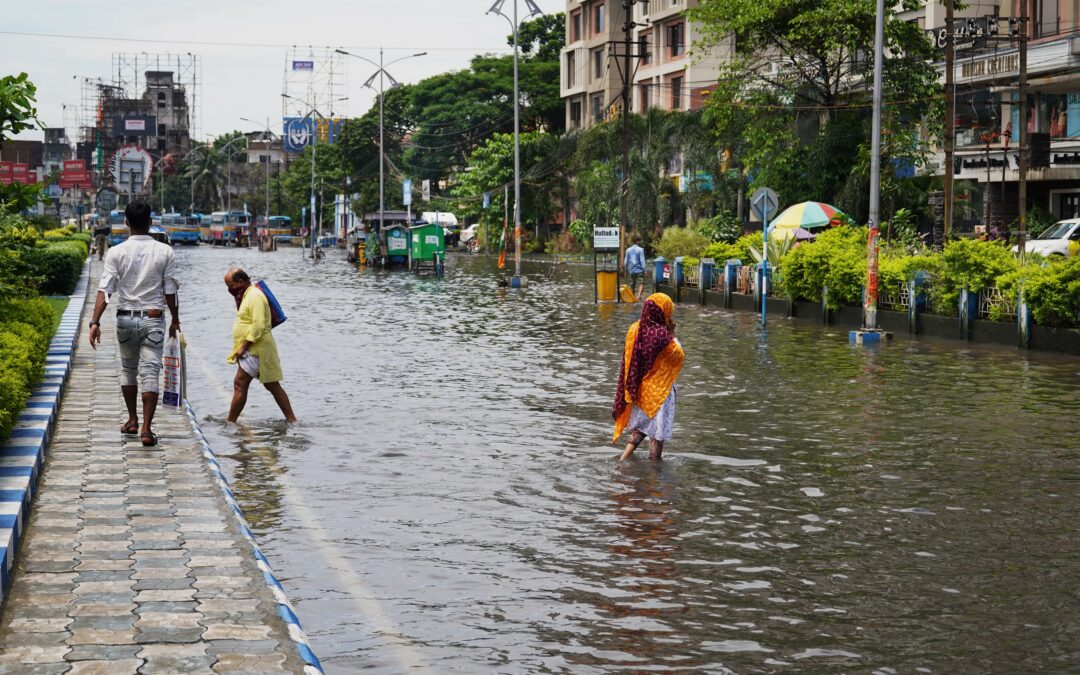
by Sneha Ramesh | Oct 18, 2023 | Urban Water / In the News
Bengaluru is Staring at Possible Water Crisis: Report Explaining the situation, Dr Veena Srinivasan, executive director, WELL Labs, said that the flow of water into the lakes has brought down its capacity to hold floodwater. Over the last three years, Bengaluru has...
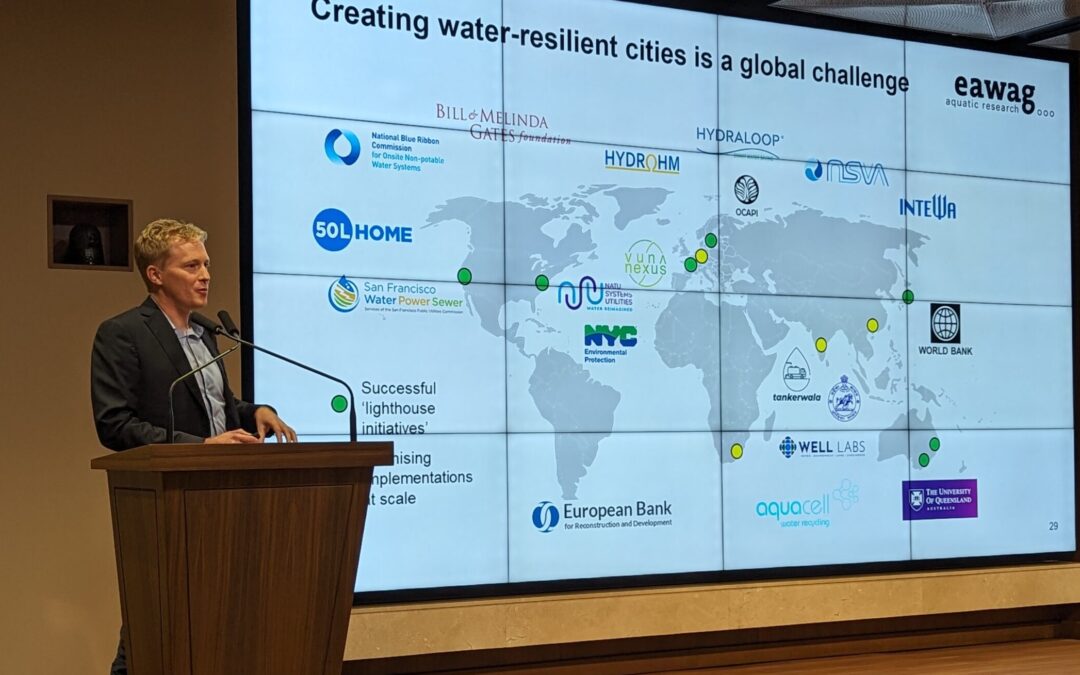
by Sneha Ramesh | Oct 18, 2023 | Urban Water / In the News
‘Bengaluru has Highest Number of Decentralised STPS in the World’ Experts say that reuse can be promoted only when the economics are planned well. With close to 2,644 decentralized Sewage Treatment Plants (STP), Bengaluru is one of the top cities that has...
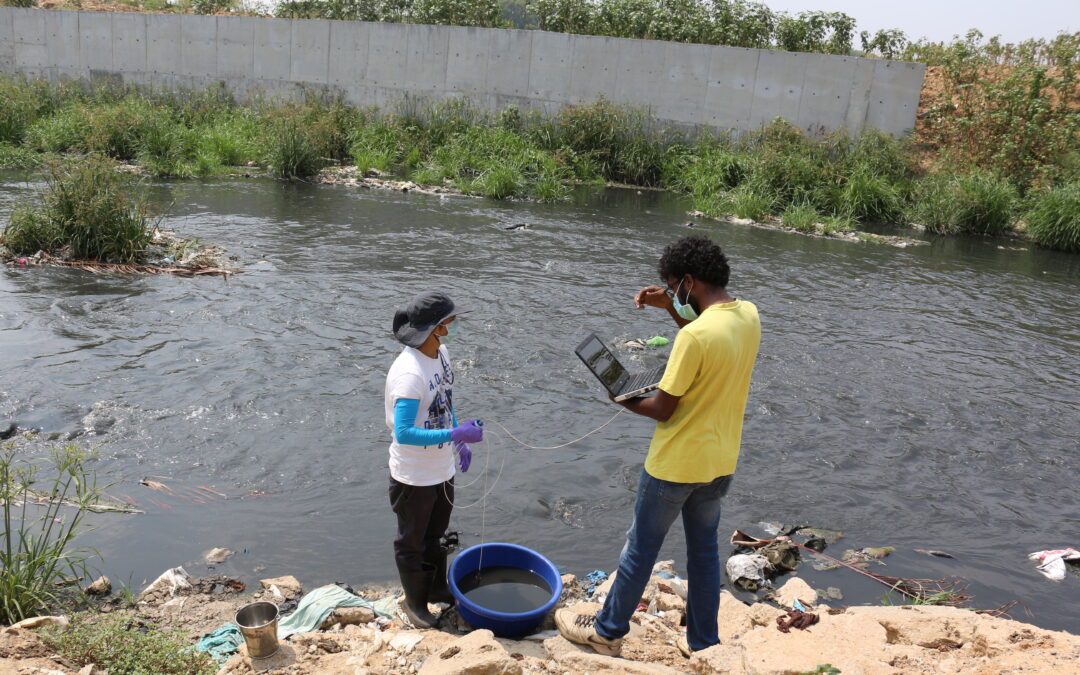
by Bhanu Sridharan | Oct 17, 2023 | Urban Water / In the News
Why Researchers are Developing a Balance Sheet for Bengaluru’s Water Citizen Matters spoke to urban hydrologists and researchers, Rashmi Kulranjan and Shashank Palur, about how Bengaluru can reduce dependence on external water sources, like Cauvery, and become water...
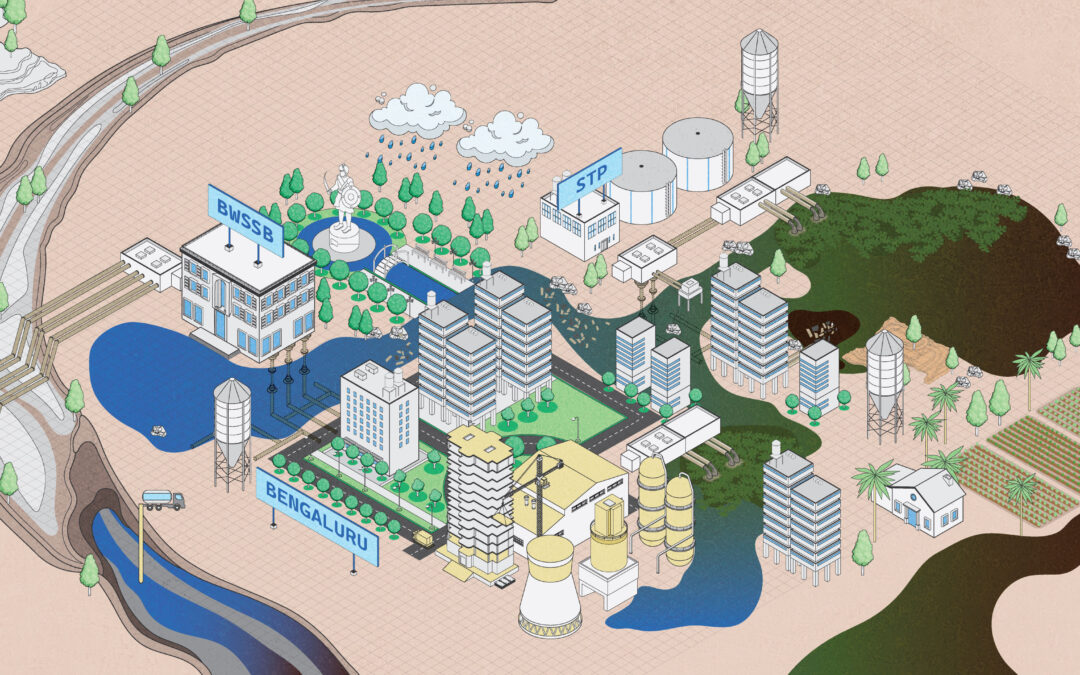
by KC Deepika | Oct 17, 2023 | Urban Water / In the News
Bengaluru Will Not Be Able to Meet Freshwater Demand with Existing Resources, Says Report Groundwater caters to nearly 50% of Bengaluru’s water demand, the rest from the Cauvery, says ‘How water flows through Bengaluru: Urban water balance report’ released by...






